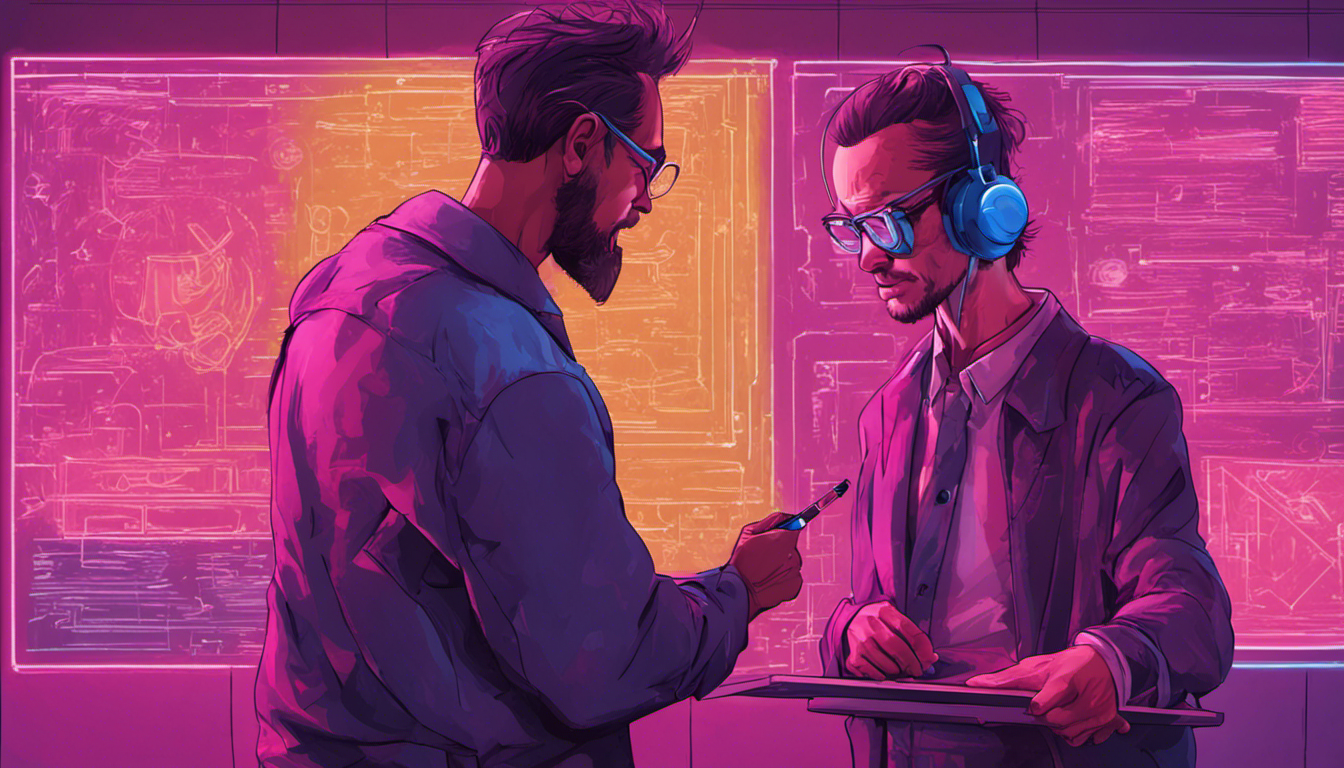The future of the internet is intricately tied to the promises of Web3 and for several compelling reasons. One of the key drivers is the elimination of intermediaries. Unlike the current internet, where centralized entities often control information flow, Web3's decentralized nature allows for direct interactions, reducing the need for intermediaries.
Furthermore, Web3 introduces a revolutionary shift in digital asset ownership. Blockchain technology enables true ownership of digital assets, from cryptocurrencies to virtual real estate in decentralized metaverses. This change challenges the established norms, offering individuals unprecedented empowerment in the digital realm and setting the stage for a more decentralized and user-driven internet.
As we transition towards a future where information is decentralized and power is distributed, Web3 emerges as the architect of this transformative journey. The elimination of intermediaries and the establishment of true ownership through blockchain technology define Web3 as the force shaping the future internet landscape.


